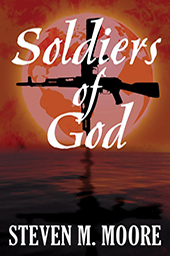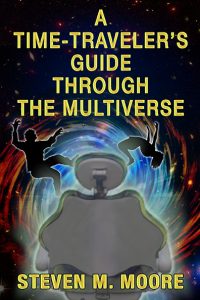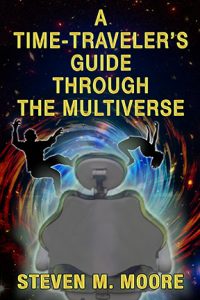Don’t tell me what to read…
August 11th, 2020I have a love-hate relationship with the NY Times Book Review: I’d love to see an author I know and respect be featured in it, and I hate that I don’t! Of course, I don’t need the Times to validate my reading choices either, so I just hate that they try to tell me what to read in their usual biased manner, neglecting to consider about 90% of the books published. Am I to believe the 10% they do consider are better than that 90%? No! My reading experience says otherwise.
Some non-fiction books deserve their exalted place in those biased pages so famous (infamous?) in the American literary scene. I haven’t seen any fiction book that does. In any case, I don’t read those fiction books recommended by the Times’s editors and critics who favor the formulaic gruel ladled out by the old mares and stallions in the Big Five publishing conglomerates’ stables, those pampered old horses hobbling along in their race to the glue factory. James Patterson Inc. (his staff of co-authors) produces gruel in all genres now, as seen in last Wednesday’s full-page Times ad. Stephen King hasn’t written anything worth reading since Misery (interesting if only because it shows there’s a fine line between an author’s fans and critics, although the protagonist was most certainly a Big Five author, so you can hardly blame the ex-nurse). I stopped reading Sue Grafton’s alphabet series after B, thank the Lord! Same for Jeffery Deaver’s after one Lincoln Rhyme book, whose best novel, Garden of Beasts, isn’t part of his forensic series (one can shuffle Sue and Jeff’s books like a pack of cards—and there might just be 52 formulaic tales between the two of them—and not know which book belongs to whom).
Although one of my mental roadblocks against the Big Five’s fiction offerings championed by the Times’s editors and critics are the exorbitant prices (an entire series of British mysteries costs less than one Baldacci book, which might be okay but not four times better), price isn’t the major one (in this time of economic fallout from the pandemic, though, frugality is an issue in my reading choices). Another major issue I have is that they all have at least one flaw (in plot, characterization, dialogue, etc.), and often more; in other words, all those hyped books are by authors who haven’t yet mastered the basic writing skills! (Of course, that probably means that the Times’s editors and critics don’t know what they are either. Maybe they all need visits to the eye doctor? They don’t see what I see.) But even if a Big Five novel passes the smell test of acceptable writing praxis, my major complaint is that the stories are boring, formulaic, and politically correct pulp for the masses, insulting no one by treating no important themes that interest me. Thinking readers deserve more.
Yet I’ll still peruse the Book Review’s pages, hoping to find readable fiction. At the end, I’d use them in a bird case if I had birds, but a short perusal does sometimes benefit me: They tell me what not to read! I’m a browser who makes my own reading choices—either in a bookstore, library, or online, but not in the Book Review—and I don’t need anyone, especially the Times’s erudite and stodgy editors and book critics, to tell me what to read, or even make suggestions.
Perhaps the Times should save some forests by eliminating the Review and firing their book editors and critics.? Any news from them is certainly not fit to print!
***
Comments are always welcome.

A Time-Traveler’s Guide through the Multiverse. In my other life in academia, I had the pleasure of meeting Hartle, Feynman, Mandelbrot, Salam, Wheeler, Dirac, Lederman, Feynman, Mandelbrot, and Enrico Fermi’s last student—some in courses, others in scientific meetings, and all characters, but none like physicist Gail Hoff. Enrico Fermi wasn’t the last physicist who was both an experimental and theoretical genius, but Professor Hoff will never receive the Nobel Prize. She goes time-traveling through several universes of the multiverse on a wacky road trip far beyond any in A Hitchhiker’s Guide to the Galaxy or The Time-Traveler’s Wife, never to return to her little lab in a small college outside Philly. Jeff Langley, her jack-of-all-trades electronics wizard, accompanies her. Their escapades, both amorous and adventurous, make this sci-fi rom-com a far-out sightseeing journey filled with dystopian and post-apocalyptic settings, first encounter, robots and androids—all that and more await the reader who rides along. Available wherever quality ebooks are sold.
Around the world and to the stars! In libris libertas!




